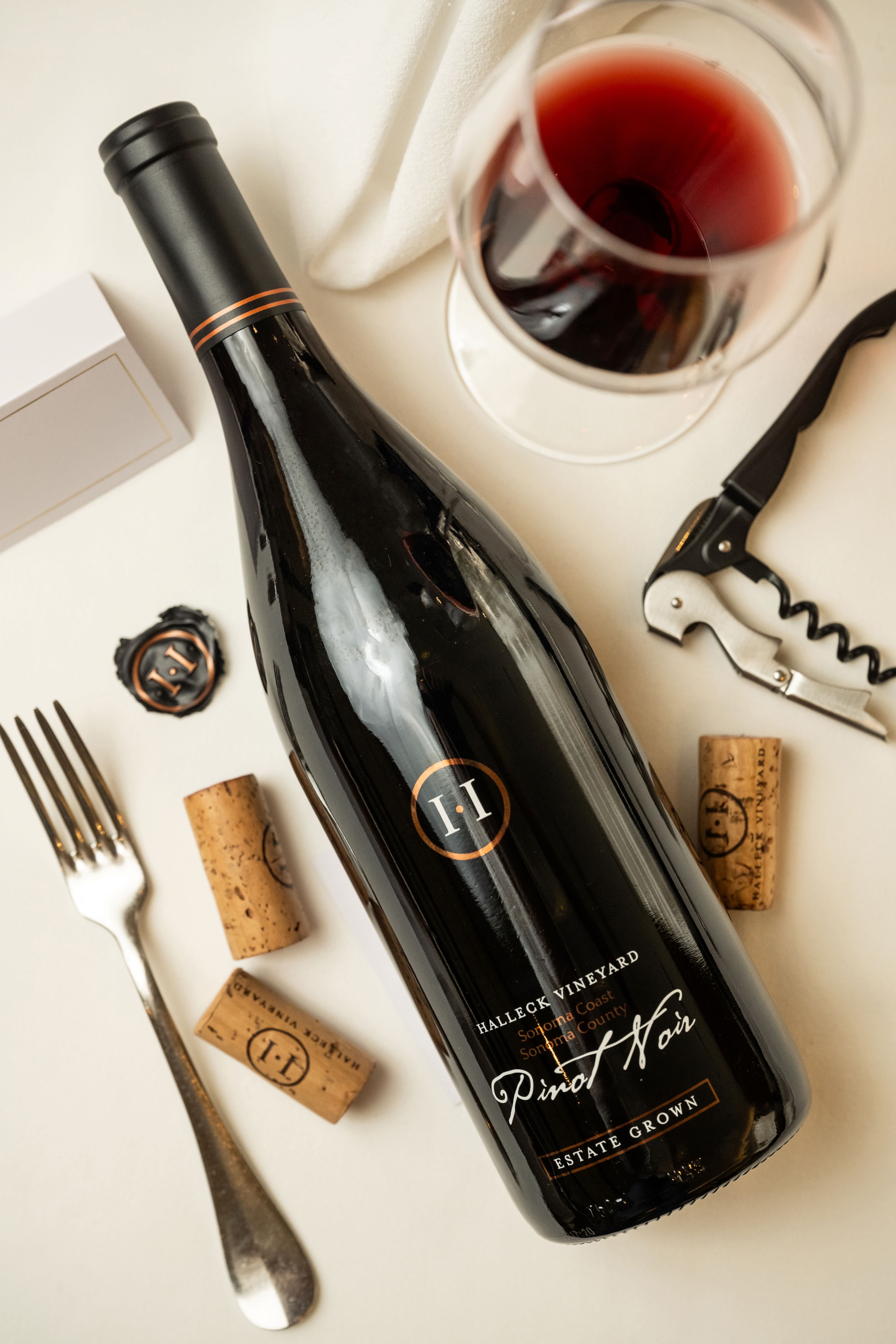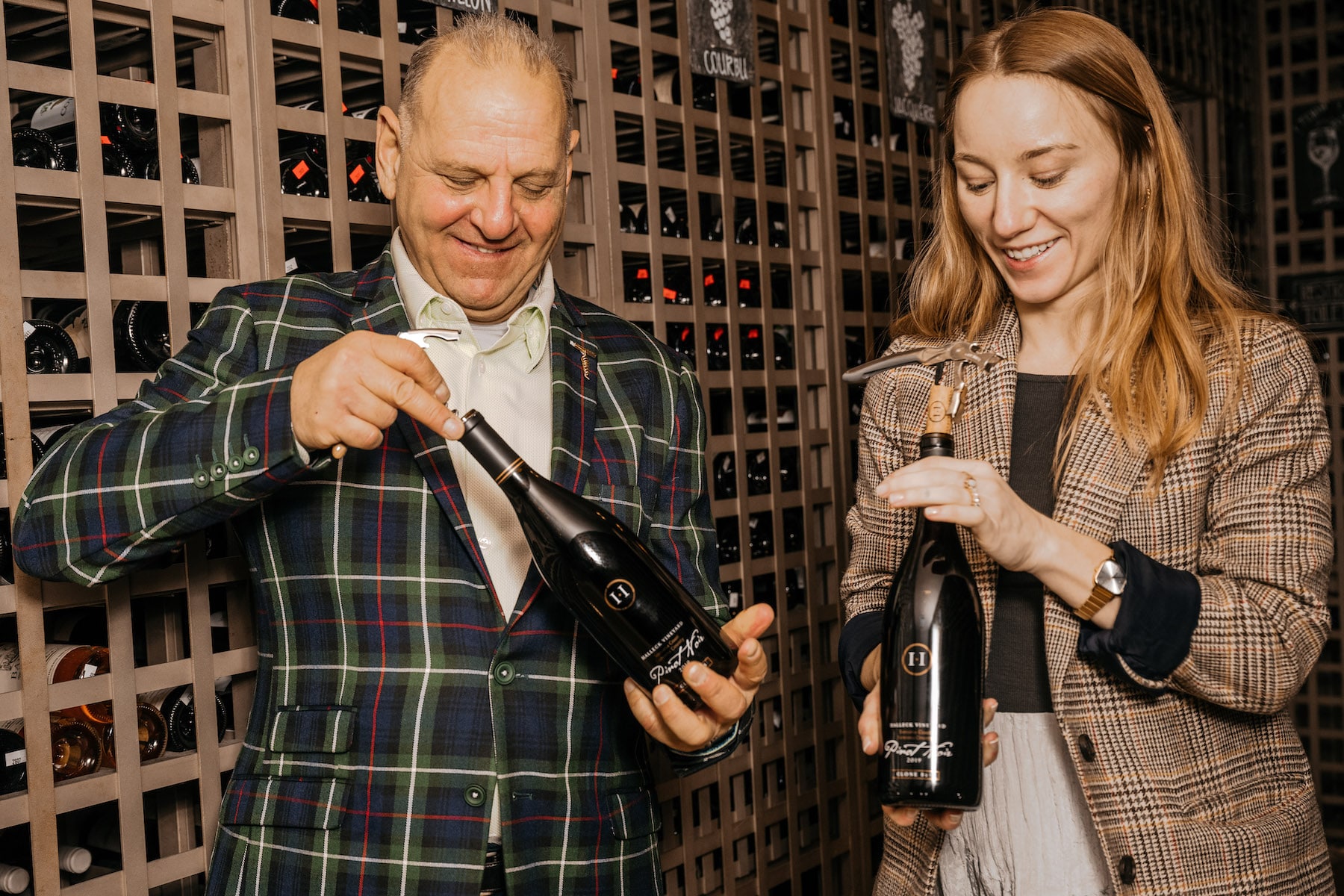Wineries With Live Music Events Occasionally - Wineries In The Sebastopol Region
Wineries With Live Music Events Occasionally - Wineries In The Sebastopol Region
Blog Article
Local Favorite Wineries In Sonoma - Sebastopol Wineries
Wine tasting is usually considered an art form, one which goes beyond merely having fun with a beverage. It embraces a complex interaction of flavors, aromas, and textures that requires dedicated practice to actually master. Many who enterprise into the world of wine tasting quickly understand that it involves far more than just sipping wine. Enhancing sensory skills by way of dedicated winery wine tasting can elevate the experience, remodeling a casual ingesting occasion into a sophisticated exploration of the senses.
At a primary level, wine tasting engages the senses of sight, odor, style, touch, and even sound. Each part plays an important function in appreciating the nuances of a wine. When one first pours a glass of wine, the rich hues can present preliminary insights into its age and varietal. Observing the color and clarity helps kind expectations about the wine's flavor profile. Many don’t absolutely recognize how this visual evaluation can set the stage for what's to follow.
The subsequent step is to engage the sense of smell. Swirling the glass aerates the wine, allowing its risky compounds to flee and fill the air with its bouquet. The nostril entails some fascinating layers—different aromas can sign various aspects of the winemaking process, together with the sort of grapes used, fermentation strategies, and growing older circumstances. Creating a keen sense of smell could be a game-changer in wine tasting.
Wineries With Unique Wine Blends - Wineries Near Sebastopol For Tasting
To enhance this sensory skill, wine enthusiasts are sometimes inspired to participate in dedicated tastings at wineries. These tastings permit individuals to focus solely on the sensory experience (Wineries Focusing On Single Vineyard Wines). Tasting periods led by knowledgeable sommeliers or winemakers can offer insights into identifying distinct aromas. Studying to distinguish between floral, fruity, earthy, and spicy notes can empower a taster to articulate their experience with greater precision.
As one practices their sensory talents, they may discover that their style preferences evolve. This transformation often occurs after multiple tastings. A wine that initially appeared overwhelming may reveal hidden layers of complexity with a bit of experience. Understanding the way to isolate individual flavors similar to acidity, sweetness, bitterness, and umami contributes considerably to the overall wine experience.
One Other essential factor in bettering sensory skills is the context during which wine is tasted. Environmental elements like temperature, lighting, and even the company present can affect perceptions. At a winery, an optimum setting can scale back distractions and allow a more profound exploration of the wine (Wineries Offering Virtual Wine Tastings). Training conscious tasting techniques encourages a more immersive experience, permitting tasters to hone in on their senses.
It isn't solely about particular person perception, though. Participating with others during a tasting can even enhance sensory skills. Sharing notes and discussing impressions fosters a deeper understanding of the wine. This collaborative strategy encourages members to articulate their sensory experiences, thereby broadening their linguistic repertoire related to wine tasting.
Wineries Focusing On Single Vineyard Wines - Sonoma Vineyards Worth Visiting
Moreover, pairing wine with food can considerably enhance the tasting experience. Different combos can convey out unique flavors in each the wine and the dish. As one tastes a wine alongside specific foods, they can begin to recognize how certain components in the wine complement or contrast with what they're eating. This skill of pairing is another layer that enriches sensory growth.
Training one’s palate can contain a big selection of workouts. Some enthusiasts engage in systematic tasting experiences, sampling a spread of wines that showcase totally different varietals, regions, or vintages. Exploring this range can sharpen the power to discern nuances throughout totally different wine profiles. Over time, this practice builds a mental library of flavors that could be accessed during future tastings.
Notably, written notes serve a twin purpose: organizing one’s ideas and reinforcing memory. By writing down observations about every wine, tasters can track their progress over time. Detailing the traits of wines assists in solidifying knowledge, in the end deepening one’s appreciation of what they consume.
Moreover, attending workshops or classes targeted on sensory evaluation can be beneficial. Many wineries provide these educational applications to assist individuals refine their skills. Usually, trained instructors guide individuals by way of structured tastings, specializing in particular elements of find out the wine. This stage of schooling reinforces the sensory skills asynchronously and challenges tasters to contemplate their experiences from totally different angles.
Exclusive Wine Clubs In Sonoma - Enjoying The Best Wineries In Sebastopol

Over time, the dedication to bettering sensory skills by way of devoted winery wine tasting can yield vital rewards. The enjoyment derived from wine becomes layered and multifaceted. No longer limited to a easy desire for "purple" or "white," tasters start to understand the tales behind each pour. They cultivate a palette able to navigating the complicated panorama of flavors with confidence.
In conclusion, the journey of enhancing sensory skills via devoted winery wine tasting is as rewarding as it is gratifying. It requires focus, dedication, and a willingness to be taught, however the outcomes far exceed the preliminary effort. explanation By engaging a quantity of senses and collaborating in thoughtful discussions, individuals not solely turn out to be more proficient at identifying flavors but also develop a deeper appreciation for the craftsmanship behind each bottle. The course of transforms wine from a mere beverage right into a rich tapestry of sensory exploration that beckons enthusiasts to delve deeper. As skills improve, so too does the enjoyment, enriching life experiences one sip at a time.
Wineries With Beautiful Architecture - Scenic Wineries Of Sebastopol
- Participating the palate via diverse wine varieties enhances the ability to distinguish flavors and aromas, refining overall sensory notion.
- Collaborating in guided tastings promotes centered attention on subtle characteristics of every wine, nurturing critical tasting skills.
- Studying to determine specific grape varieties fosters a deeper understanding of terroir, which aids in recognizing regional flavor profiles.
- Incorporating food pairings throughout tastings can heighten sensory awareness, as different tastes can affect each other and alter perceptions.
- Working Towards the art of swirling and nosing wines permits individuals to attach olfactory cues with style, improving the ability to articulate sensory experiences.
- Attending workshops that emphasize blind tastings trains members to rely purely on their senses rather than preconceived notions, enhancing objectivity.
- Elevating sensory skills can lead to better wine selection skills, empowering individuals to make knowledgeable choices based mostly on personal preferences.
- Partaking with knowledgeable sommeliers provides insights into wine-making processes, which deepens sensory appreciation and enhances vocabulary for describing wines.
- Common participation in tastings encourages reminiscence growth of flavors and aromas, aiding in the formation of a personalized sensory profile over time.
- Sharing tasting experiences with friends fosters discussion, promoting communal learning that can enhance particular person sensory skills by way of collaboration.undefinedWhat is the aim of improving sensory skills by way of wine tasting?

Improving sensory skills via wine tasting allows individuals to enhance their capability to establish and recognize the various aromas, flavors, and textures of wine. This heightened sensory consciousness can result in a deeper understanding of wine and an overall enriched tasting experience.
Family-Oriented Wine Tasting Venues In Sebastopol - Wineries Near Sebastopol For Tasting
How can I develop my sensory skills at a winery?
You can develop your sensory skills at a winery by taking part in guided tasting classes that focus on particular varietals. Interact with knowledgeable staff who can present insights and encourage you to take notes in your impressions, enhancing both your observational and descriptive abilities.
What ought to I anticipate throughout a dedicated wine tasting experience?
Family Friendly Wineries With Outdoor Spaces - A Visit To Sebastopol Wineries
Throughout a dedicated wine tasting experience, expect to sample a number of wines while receiving targeted schooling about each. You May be taught concerning the winemaking course of, tasting techniques, and the means to discern different sensory traits, all in a relaxed surroundings.
Is prior data of wine needed to learn from a sensory skills workshop?
- Elegant Wine Tasting Locations In Sonoma
No prior information of wine is important; the workshops are designed for all ranges of experience. Newbies will discover valuable data to build from, while seasoned tasters can refine their skills and expand their palate even further.
How do sensory skills influence my general wine appreciation?
Wineries In Sebastopol - Best Vineyard Visits In Sonoma
Bettering sensory skills considerably enhances your general wine appreciation by allowing you to establish subtleties and complexities in wines. This deeper understanding enriches your tasting experience and helps you make knowledgeable selections primarily based on personal preferences.
Are there particular techniques I should use whereas tasting wine to improve my sensory skills?
Wineries With Beautiful Architecture - Wine Tasting And Vineyards In Sonoma
Sure, using techniques such because the "SWOT" methodology (Sight, Swirl, Scent, Sip, Savor) can be beneficial. Pay attention to the wine's appearance, aromatics, and mouthfeel, and take your time with every sip to fully explore the flavors and sensations.
What kind of wines are typically included in sensory skills tastings?
Usually, sensory skills tastings embrace a variety of wines that showcase different areas, varietals, and styles. This range helps individuals determine distinct characteristics and enhances their ability to distinguish between wines.
Can sensory skills workshops be personalized to my tasting interests?
Remarkable Craft Wineries In Sebastopol - Greatest Wine Tasting Locations In Sonoma
Many wineries offer personalized options for sensory skills workshops, allowing you to give consideration to specific forms of wines or themes that interest you, such as organic wines or unique regional offerings. It's finest to inquire immediately with the winery for tailor-made experiences.
Is there a method to practice sensory skills after leaving the winery?
Sure, you probably can practice your sensory skills at home by tasting different wines and maintaining a tasting journal. Experimenting with varied food pairings and aromatics can further improve your understanding of how flavors interact, reinforcing the abilities gained at the winery. Report this page